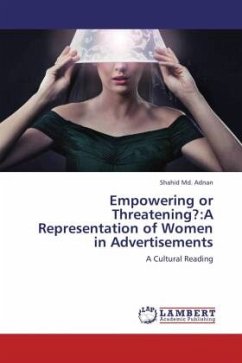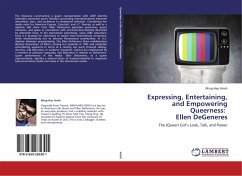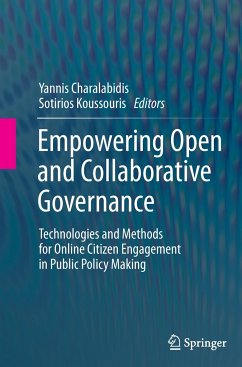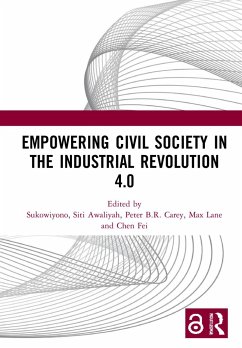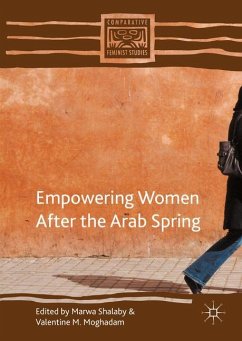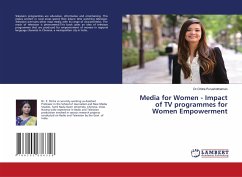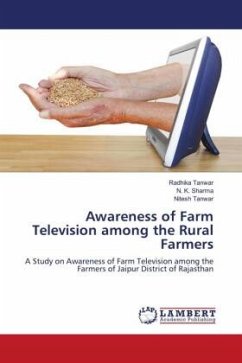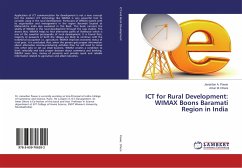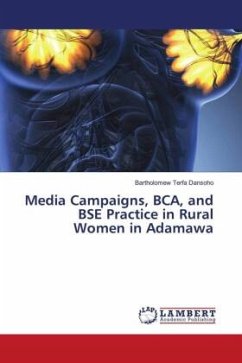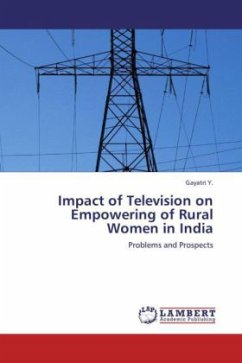
Impact of Television on Empowering of Rural Women in India
Problems and Prospects
Versandkostenfrei!
Versandfertig in 6-10 Tagen
52,99 €
inkl. MwSt.

PAYBACK Punkte
26 °P sammeln!
The Government of India had ushered in the new millennium by declaring the year 2001 as 'Women's Empowerment Year' to focus on a vision where women are equal partners like men'. The most common explanation of 'women's empowerment' is the ability to exercise full control over one's actions. The last decades have witnessed some basic changes in the status and role of women in our society. There has been shift in policy approaches from the concept of 'welfare' in the seventies to 'development' in the eighties and now to 'empowerment' in the nineties. This process has been further accelerated with...
The Government of India had ushered in the new millennium by declaring the year 2001 as 'Women's Empowerment Year' to focus on a vision where women are equal partners like men'. The most common explanation of 'women's empowerment' is the ability to exercise full control over one's actions. The last decades have witnessed some basic changes in the status and role of women in our society. There has been shift in policy approaches from the concept of 'welfare' in the seventies to 'development' in the eighties and now to 'empowerment' in the nineties. This process has been further accelerated with some sections of women becoming increasingly self-conscious of their discrimination in several areas of family and public life. But the impact of television viewing on rural areas is not so faithful because women do not have enough time to watch the programmes of their interest or those which are for their benefit.



